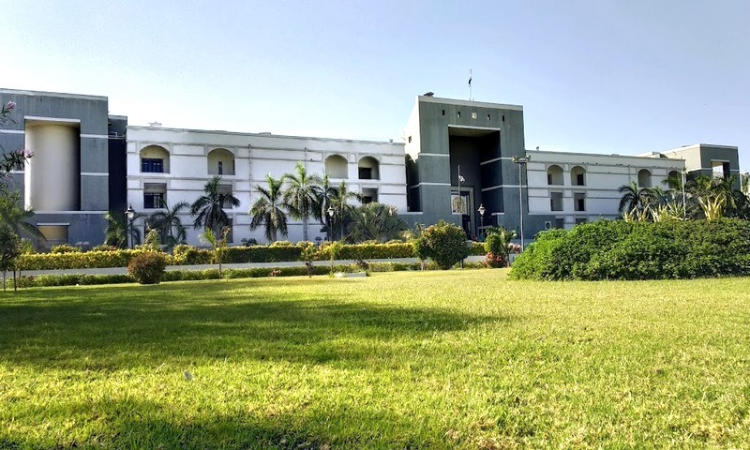The Gujarat High Court has affirmed the order of the Labour Court determining that the Petitioner-workman was not entitled to reinstatement on the ground that there was discrepancy in his deposition and the documents produced by him. The Petitioner herein had claimed that he had joined the services of the Respondent in 1983 and was performing the duties of the labourer/table work as...

